SUMMARY
This is AI generated summarization, which may have errors. For context, always refer to the full article.
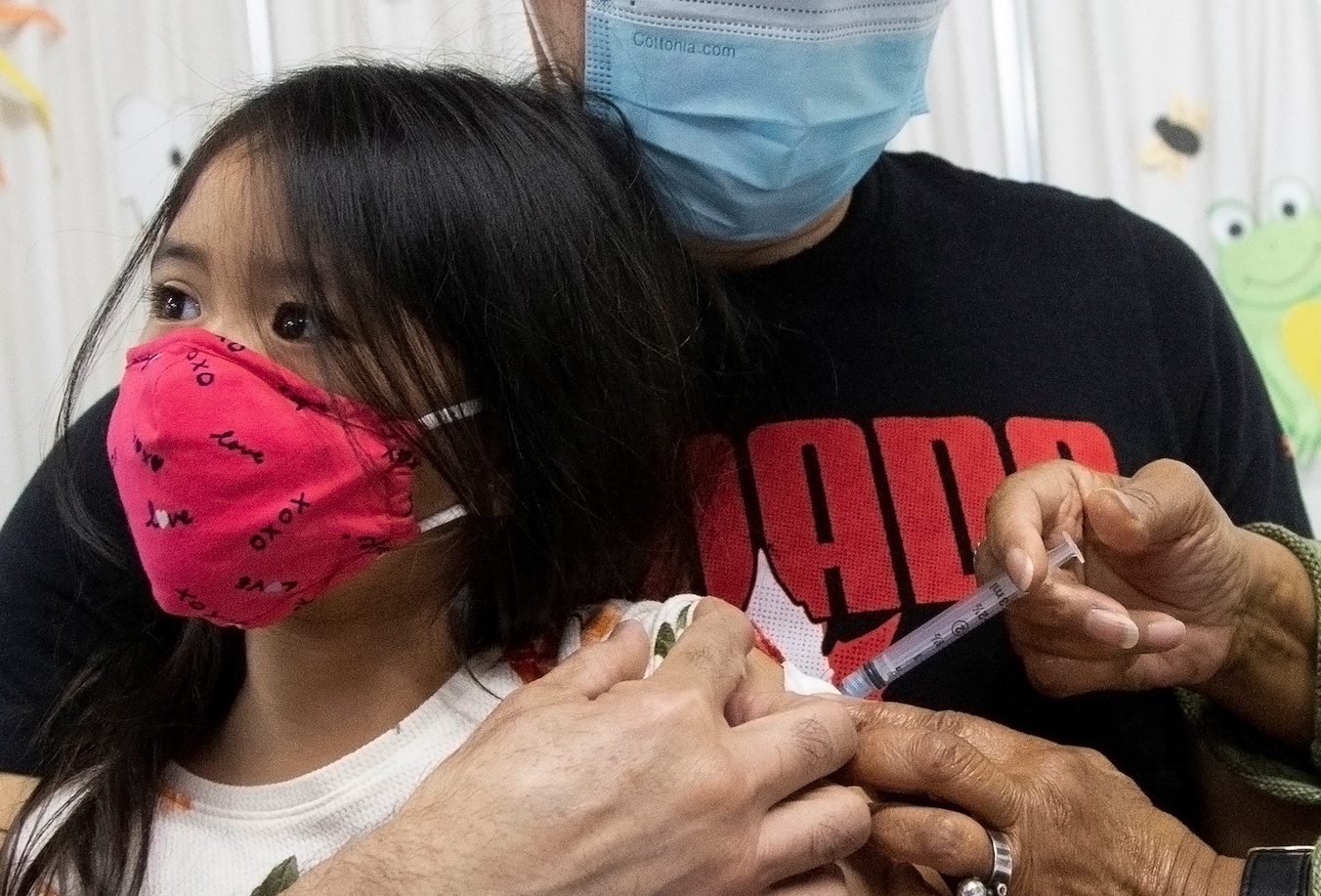
The new Omicron coronavirus variant – identified first in South Africa, but also detected in Europe and Asia – is raising concern worldwide given the number of mutations, which might help it spread or even evade antibodies
from prior infection or vaccination.
News of the variant prompted countries to announce new travel restrictions on Friday, November 26, and sent drugmakers scrambling to
see if their COVID-19 vaccines remain protective.
Why are scientists worried?
The World Health Organization on Friday classified the B.1.1.529 variant, or Omicron, as a SARS-CoV-2 “variant of concern,” saying it may spread more quickly than other forms of coronavirus.
The Delta variant remains dominant worldwide, accounting for 99.9% of US cases, and it is not yet clear whether Omicron will be able to displace Delta, said Dr. Graham Snyder, medical director, infection prevention and hospital epidemiology at University of Pittsburgh Medical Center.
But the new variant has over 30 mutations in the part of the virus that current vaccines target. It is also suspected of driving a spike in new infections in South Africa.
Omicron’s mutations are likely to render certain COVID-19 treatments – including some manufactured antibodies – ineffective, said Dr. David Ho, professor of microbiology and immunology at Columbia University.
We have all those tools that will work against any variant.
Dr. Eric Topol, director of the Scripps Research Translational Institute in California
Experimental antiviral pills – such as Pfizer Inc’s Paxlovid and Merck & Co Inc’s molnupiravir – target parts of the virus that are not changed in Omicron, and these drugs could become even more important if vaccine-induced and natural immunity are threatened.
The unknowns
Scientists say it could be several more weeks before they can define the type of disease caused by the variant, determine how contagious it is and identify how far it has already spread.
Some note that other variants of concern, including Beta, which was also first detected in South Africa, were ultimately replaced by Delta.
But the biggest question remains whether protection from COVID-19 vaccines – nearly 8 billion doses have been administered globally – will hold up. And, will people previously infected with the coronavirus be immune from infection with Omicron?
Experts also don’t yet know whether Omicron will cause more or less severe COVID-19 compared to other coronavirus strains.
Best response?
Omicron has not yet been identified in the United States, but it is likely already here, scientists said.
Even without the new variant, US COVID-19 rates have increased in recent weeks, mainly in northern states, as people move indoors to avoid winter weather.
Some countries have moved to limit travel from southern Africa. Beyond government restrictions, individuals should still assess their own vulnerability to COVID and tolerance for risk as they make travel decisions for the winter holidays, Snyder from University of Pittsburgh Medical Center said.
He and others said vaccination should remain a priority despite questions about effectiveness against Omicron, because it is likely that they still remain protective to a certain extent. Everyone should also continue to wear masks, avoid crowds, ventilate rooms, and wash hands.
“We have all those tools that will work against any variant,” said Dr. Eric Topol, director of the Scripps Research Translational Institute in La Jolla, California.
– Rappler.com
Add a comment
How does this make you feel?
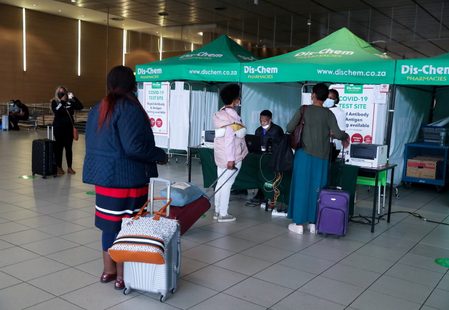
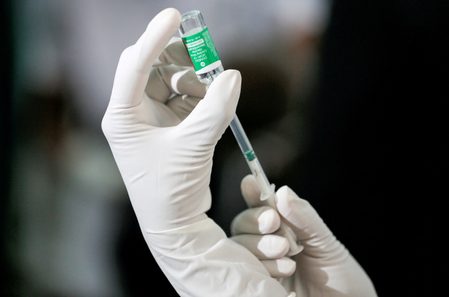
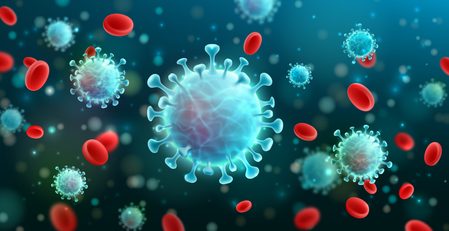
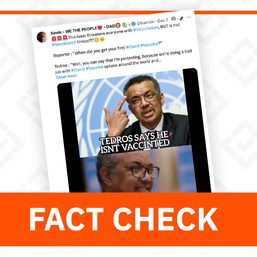
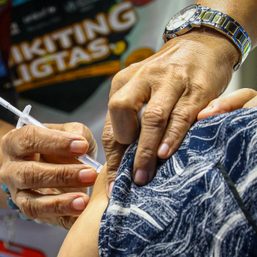
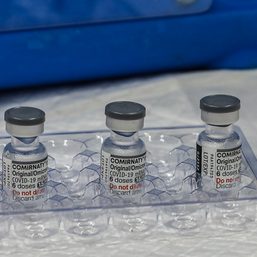

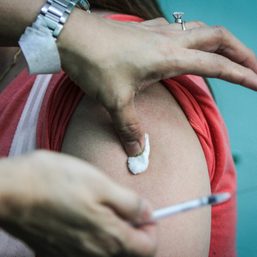
There are no comments yet. Add your comment to start the conversation.